Monsters live in our heads.
According to the results from the 2018 National Survey on Drug Use and Health, 19.1% of American adults experienced some sort of mental illness over the past year (SAMHSA 2). The Diagnostic and Statistical Manual of Mental Disorders (DSM-V) defines a mental disorder as “a syndrome characterized by clinically significant disturbance in an individual's cognition, emotion regulation, or behavior that reflects a dysfunction in the psychological, biological, or developmental processes underlying mental functioning” (American Psychiatric Association 19). A reevaluation of the nation’s current paradigm is clearly in order with nearly one quarter of the adult populace suffering from mental illness. Psychedelics hold the potential to significantly improve certain mental illnesses and should be legalized for medicinal use.
While consciousness itself still remains a mystery to the scientific community, we can understand how psychedelics affect us through studying their effects on the brain.
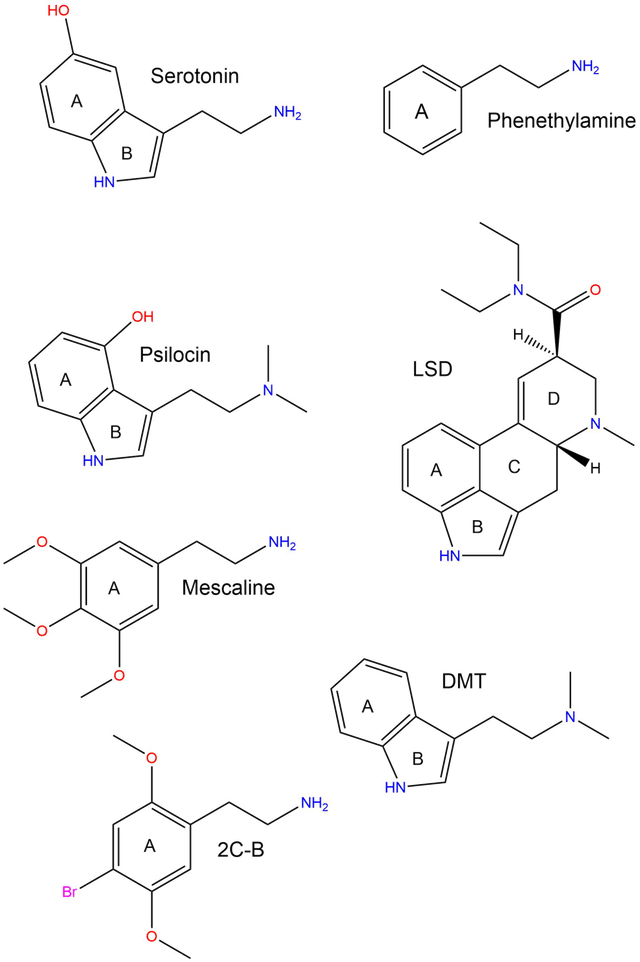
Psychedelics have been portrayed as seriously dangerous and harmful substances; however, empirical evidence has undoubtedly begun to show that psychedelics present great potential for healing.
L.P. Cameron, et al, designed an experiment meant to mimic the state of PTSD where an individual becomes “triggered”. Traumatic triggers may cause an individual to react severely and detrimentally in a psychological/physiological manner characterized by, but not limited to, elevated heart rate, tremors, anger, fear for life, delusional thinking, and hallucinations, to events in life found to be synonymous at some level, either psychologically or physiologically, to the traumatic event. In the following quote from L.P. Cameron, et al, on the effects of DMT on behavior in rats, DMT was shown to have a significant effect on fear extinction:
Animals were fear conditioned as described previously in the absence of drug, and DMT was administered 1 h prior to cued fear extinction training .[sic] The following day, cued extinction memory was assessed in the absence of drug. Tone presentations caused the DMT treated group to freeze significantly less than the control group, indicating that DMT administered prior to extinction training resulted in a stronger extinction memory. (11)
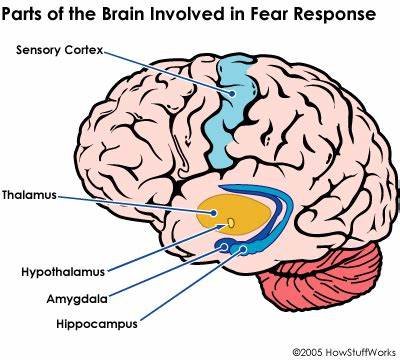
Interest in the use of psychedelics as medicines was spurred by the fact that some cultures have used psychedelics for their therapeutic properties for centuries.
For example, Ayahuasca has been practiced for what is estimated to be around 5000 years within Amazonian tribes (Narby 154). Ayahuasca is a ritual brew containing Dimethyltriptamine and Harmine (a MAOI which increases the duration of the DMT experience) which has been recorded for its use by indigenous cultures for its curative values. Luis Eduardo Luna, anthropologist and noted Ayahuasca researcher, writes in his article, Ayahuasca: Shamanism Shared Across Borders, “In healing, [Ayahuasca’s] uses include identification of illness origin, shamanic journeys to restore soul loss, extraction of pathogenic objects, and shamanic fights with the animated agents of illness.” While a healing paradigm presented in the shamanic system of practices may not neatly conform to the mainstream of modern medicinal practices, Ayahuasca’s continued cultural relevance and use for healing, alongside its recent proliferation of Western cultures, signifies its importance in the journey towards healing.
Psychedelics have gained a bad reputation due to a lack of knowledge of these substances.
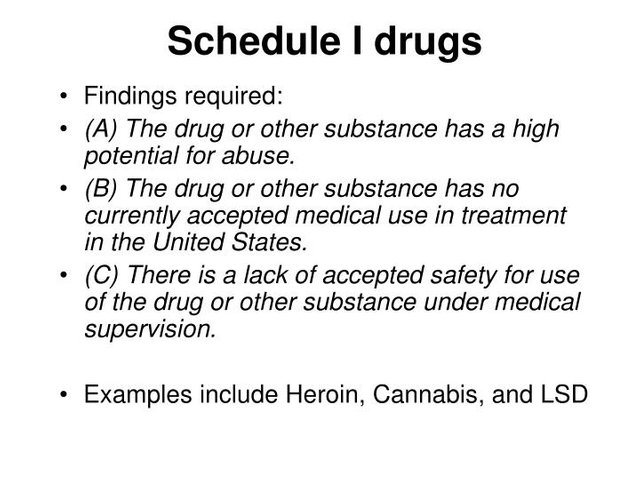
Uncertainty has a way of breeding fear.
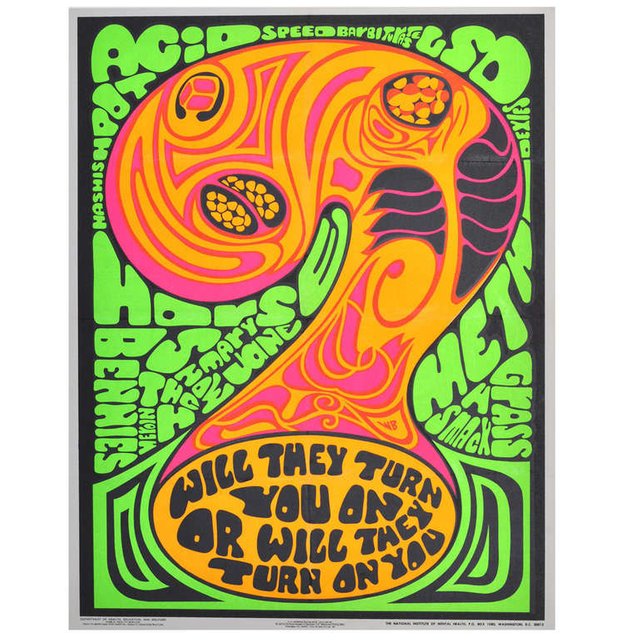
Mental illnesses can be extremely devastating to one’s wellbeing, leaving one with a feeling of persistent perilousness. Mental illness dominates a large portion of the US adult population, with even more going unaccounted because of the nature of mental illness and social stigmas which further exacerbate the issue of discussion. Mental health care and adults receiving assistance has been on the rise with 15% of American adults receiving care in 2018 (SAMHSA 4). However, current treatments present significant limitations which need to be addressed. Typical pharmaceuticals for mental health take extended periods before their effects begin to be seen as clinically significant. There exists a large body of individuals who are resistant to treatment with pharmaceutical medications and other modern interventions. Psychedelic medicines are immediate in their actions for clinical significance, and have been used to treat illness and disease in unconventional ways which show great potential for treating mental illness. The reevaluation of the legalization of medicinal use of psychedelic therapies is absolutely imperative at this conjuncture in our society.
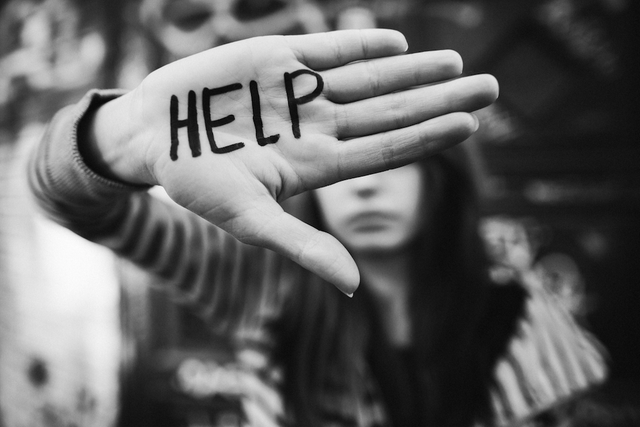
Psychedelics undoubtedly present certain aspects which require us to manage their distribution. Large doses taken without supervision can lead to potential injuries of self or others. Thus, it is important to have trained experts who can administer the correct dosage and assist patients through difficult experiences if need be. Current regulations completely restrict the use of psychedelics and regulate them the same as crack-cocaine and heroin, drugs without any medicinal value. However, one cannot dispute the evidence presented by a multitude of researchers that psychedelics certainly possess great therapeutic potential. Nationally, and across the globe, psychedelics must be rescheduled to be inclusive of their medicinal value. Rick Strassman, the first M.D. to initiate psychedelic research on human participants, said, “Psychedelics show you what’s in and on your mind, those subconscious thoughts and feelings that are hidden, covered up, forgotten, out of sight, maybe even completely unexpected, but nevertheless imminently present” (qtd Psychedelicsocietynl.org).
Citations
Barker, Steven A. “N, N-Dimethyltryptamine (DMT), an Endogenous Hallucinogen: Past, Present, and Future Research to Determine Its Role and Function.” Frontiers in Neuroscience, vol. 12, June 2018, doi:10.3389/fnins.2018.00536. https://archive.org/details/NNDimethyltryptamineDMTAnEndogenousHallucinogenPastPresentAndFutureResearchToDet/page/n7/mode/2up
Cameron, Lindsay P., et al. “Effects of N,N-Dimethyltryptamine on Rat Behaviors Relevant to Anxiety and Depression.” ACS Chemical Neuroscience, vol. 9, no. 7, 2018, pp. 1582–1590., doi:10.1021/acschemneuro.8b00134.
https://sci-hub.tw/10.1021/acschemneuro.8b00134
Diagnostic and Statistical Manual of Mental Disorders: DSM-5. American Psychiatric
Association, 2017.
“Drug Scheduling.” DEA, www.dea.gov/drug-scheduling.
Luna, Luis Eduardo. “Ayahuasca: Shamanism Shared across Borders.” Cultural Survival Quarterly
Magazine, June 2003.
https://www.culturalsurvival.org/publications/cultural-survival-quarterly/ayahuasca-shamanism-shared-across-cultures
Narby, Jeremy. The Cosmic Serpent. Weidenfeld & Nicolson, 2016.
Psilocybin Fast Facts, www.justice.gov/archive/ndic/pubs6/6038/.
Psychedelic Society. “What Are Psychedelics?” Pychedelic Society of the Netherlands, 19 May 2018, www.psychedelicsocietynl.org/what-are-psychedelics/.
Ray, Thomas S. “Psychedelics and the Human Receptorome.” PLoS ONE, vol. 5, no. 2, Feb. 2010, doi:10.1371/journal.pone.0009019.
https://www.ncbi.nlm.nih.gov/pmc/articles/PMC2814854/
Substance Abuse and Mental Health Services Administration. “Key Substance Use and Mental Health Indicators in the United States: Results from the 2018 National Survey on Drug Use and Health.” Center for Behavioral Health Statistics. https://www.samhsa.gov/data/sites/default/files/cbhsq-reports/NSDUHNationalFindingsReport2018/NSDUHNationalFindingsReport2018.pdf.
Glad you are back! I believe any beneficial effect of substances can be achieved without, but those substances can be teachers that show us how to do the work ourselves
Downvoting a post can decrease pending rewards and make it less visible. Common reasons:
Submit
It’s nice to be back:) I have several fantastic posts to share over the coming weeks.
While I agree the work can be done without drugs for the most part, there are severe cases where outside intervention is necessary. These compounds do mimic endogenous compounds, but that’s only in their structure which allows them to bind to receptors in the body. The way they interact with these receptors as far from the same. Take LSD for example, when it binds to the receptor of the 5-HT series, it basically grabs hold of the receptor and continues stimulating it until the receptor is absorbed into the cell. Serotonin does not do this, and it’s part of why LSD lasts for so long.
Downvoting a post can decrease pending rewards and make it less visible. Common reasons:
Submit
I must admit that psychedelics unnerved me. Perhaps it's the idea of something outside of my control and understanding.
@tipu curate
Downvoting a post can decrease pending rewards and make it less visible. Common reasons:
Submit
Upvoted 👌 (Mana: 15/25 - need recharge?)
Downvoting a post can decrease pending rewards and make it less visible. Common reasons:
Submit
I think that bit of caution is extremely important when approaching psychedelics. They should be unnerving! Anything that can alter consciousness so significantly must be carefully approached. Clinical research allows us to better understand how these compounds work and how they might be applied in a medical setting. However, the mind is a powerful yet fragile thing and psychedelics are nothing to play with.
Thank you for your support!
Downvoting a post can decrease pending rewards and make it less visible. Common reasons:
Submit
An exemplary article for #naturalmedicine - great to see you posting such content again. This should be on trending!!
If you like what we do, consider delegation or following our curation trail on Steemauto. All are welcome to join us on Discord.
Downvoting a post can decrease pending rewards and make it less visible. Common reasons:
Submit
Thank you kindly. 🙏 I feel great publishing again! Got a handful in the pocket ;)
Downvoting a post can decrease pending rewards and make it less visible. Common reasons:
Submit
Epic post and information! Bravo 😀
Downvoting a post can decrease pending rewards and make it less visible. Common reasons:
Submit
Thank you! I haven’t posted in some time and wanted my first post back to be worthy of the time gap heh
Downvoting a post can decrease pending rewards and make it less visible. Common reasons:
Submit
I was thinking it had been a while since I saw ya around but then again its easy to miss people on here!
Was you on alrsady since the new reward split ect?
Downvoting a post can decrease pending rewards and make it less visible. Common reasons:
Submit
It is terribly easy to miss someone here!
Yes, I was here for the most recent hardfork. Still not sure how I feel about it though lol What about you?
Downvoting a post can decrease pending rewards and make it less visible. Common reasons:
Submit
Well now I just read a tiny bit about the Tron news, but im without laptop and proper wifi to read more into it atm.. Im quite exited about steemit being owned by someone else, forgot all about the hardfork already haha..
I like the new rewards, well not truly but its better. Shame it wasnt done earlier😝
Downvoting a post can decrease pending rewards and make it less visible. Common reasons:
Submit
It seems to have gone a long way in fixing what I had considered to be a broken system.
Downvoting a post can decrease pending rewards and make it less visible. Common reasons:
Submit
This post has been voted on by the SteemSTEM curation team and voting trail. It is elligible for support from @curie and @minnowbooster.
If you appreciate the work we are doing, then consider supporting our witness @stem.witness. Additional witness support to the curie witness would be appreciated as well.
For additional information please join us on the SteemSTEM discord and to get to know the rest of the community!
Please consider using the steemstem.io app and/or including @steemstem in the list of beneficiaries of this post. This could yield a stronger support from SteemSTEM.
Downvoting a post can decrease pending rewards and make it less visible. Common reasons:
Submit